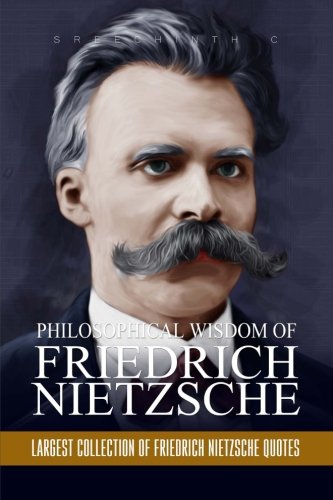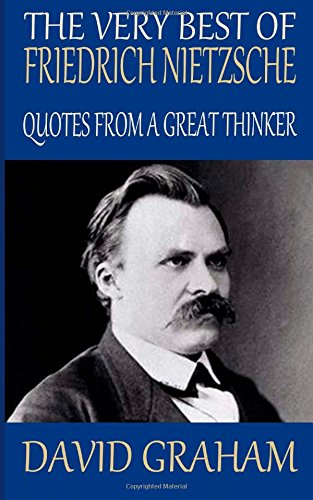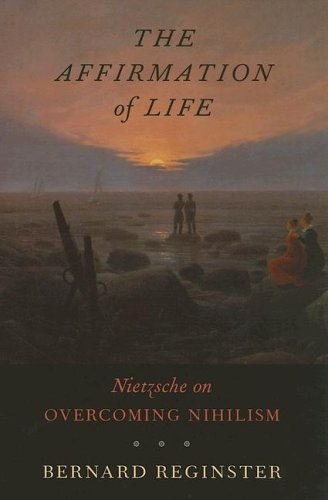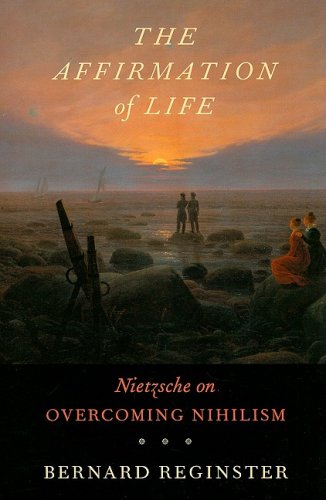
A German philosopher, scholar, poet, cultural critic – Friedrich Nietzsche had made significant influence on western philosophy. Starting with philology and later diverted his attention to philosophy. Friedrich had postulated a theory called ‘master-slave morality’. Nietzsche’s works had been associated with Fascism and Nazism. His ideologies had inspired the philosophers of twentieth as well as twenty first century. Friedrich Nietzsche had written many books with cultural, political and artistic significance. This book ‘Philosophical Wisdom of Friedrich Nietzsche: Largest Collection of Friedrich Nietzsche Quotes’ is a treasured collection Friedrich Nietzsche’s Quotes. Here More than 2350 Friedrich Nietzsche quotes have been included making this one of the biggest compilation of Friedrich Nietzsche’s quotes ever printed.



